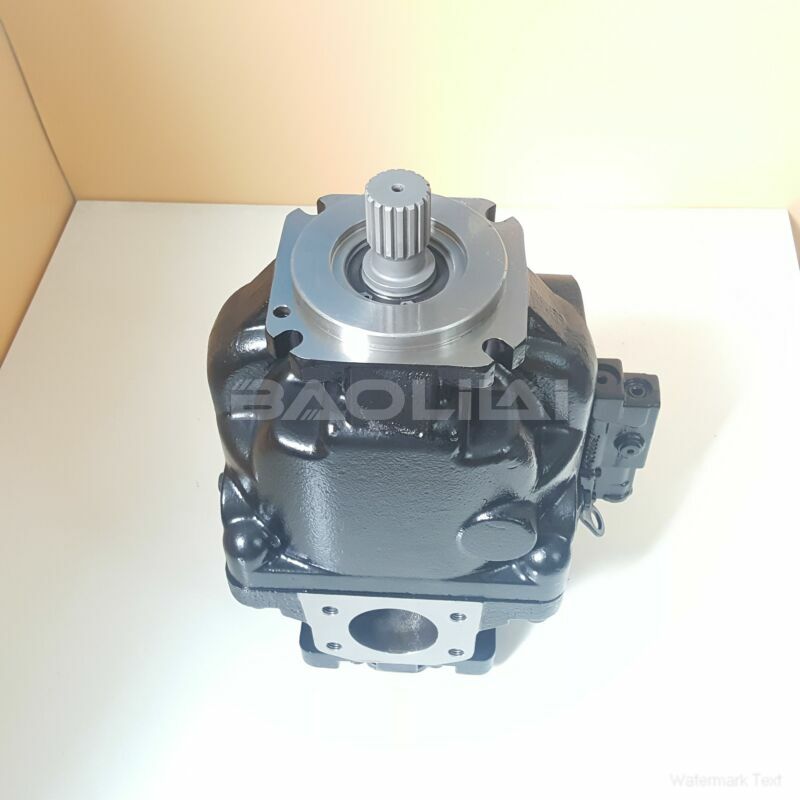ERR100BBS3020NNN3S4WPA1NNNNNNNNNN hydraulic oil pump
ERR100BBS3020NNN3S4WPA1NNNNNNNNNN hydraulic oil pump

- Product Details
- Applicable Scene
Inspect Components: Physically inspect the hydraulic pump, hoses, and fittings for signs of wear, leaks, or physical damage. Paying attention to the condition of seals can also prevent loss of fluid pressure.
ER-R-100B-BS-30-20-NN-N-3-S4WP-A1N-NNN-NNN-NNN
ERR100BBS3020NNN3S4WPA1NNNNNNNNNN
Solutions to Improve Performance

7000256
Once the root cause has been identified, the following strategies can help rectify hydraulic pump performance issues:
Fluid Replacement and Filtration: Regularly change and filter hydraulic fluid to remove contaminants. Employing high-quality filtration systems can prevent contamination from occurring in the first place.
Optimize Fluid Viscosity: Ensure that the hydraulic fluid used matches the specifications required by the pump manufacturer. Adjust the fluid type or temperature to reach the optimal viscosity.
Eliminate Air Entrapment: Check for leaks in the system that might be introducing air. Installing bleed valves can help release trapped air from the system, ensuring smooth operation.
Schedule Regular Maintenance: Implement a proactive maintenance schedule that includes routine checks, fluid changes, and inspections to address minor issues before they become significant problems.
Upgrade Components: If wear and tear are prevalent, consider upgrading components or replacing aging parts. Modern hydraulic pumps may also offer improved efficiency that can enhance overall system performance.
Training and Best Practices: Educate personnel on the proper operation and maintenance of hydraulic systems. Understanding best practices can prevent misuse and enhance the lifespan of hydraulic components.
Conclusion
Hydraulic pump performance is crucial for the integrity of large-scale machinery operations in various industries. By understanding the potential causes of performance loss, conducting thorough assessments, and implementing targeted solutions, companies can mitigate inefficiencies and sustain optimal operation. Regular maintenance, proper fluid management, and staff training will not only improve hydraulic pump performance but also contribute to the longevity and productivity of the machinery they support. Taking a proactive and informed approach ensures that hydraulic systems operate at peak efficiency, ultimately driving down costs and enhancing operational reliability.





